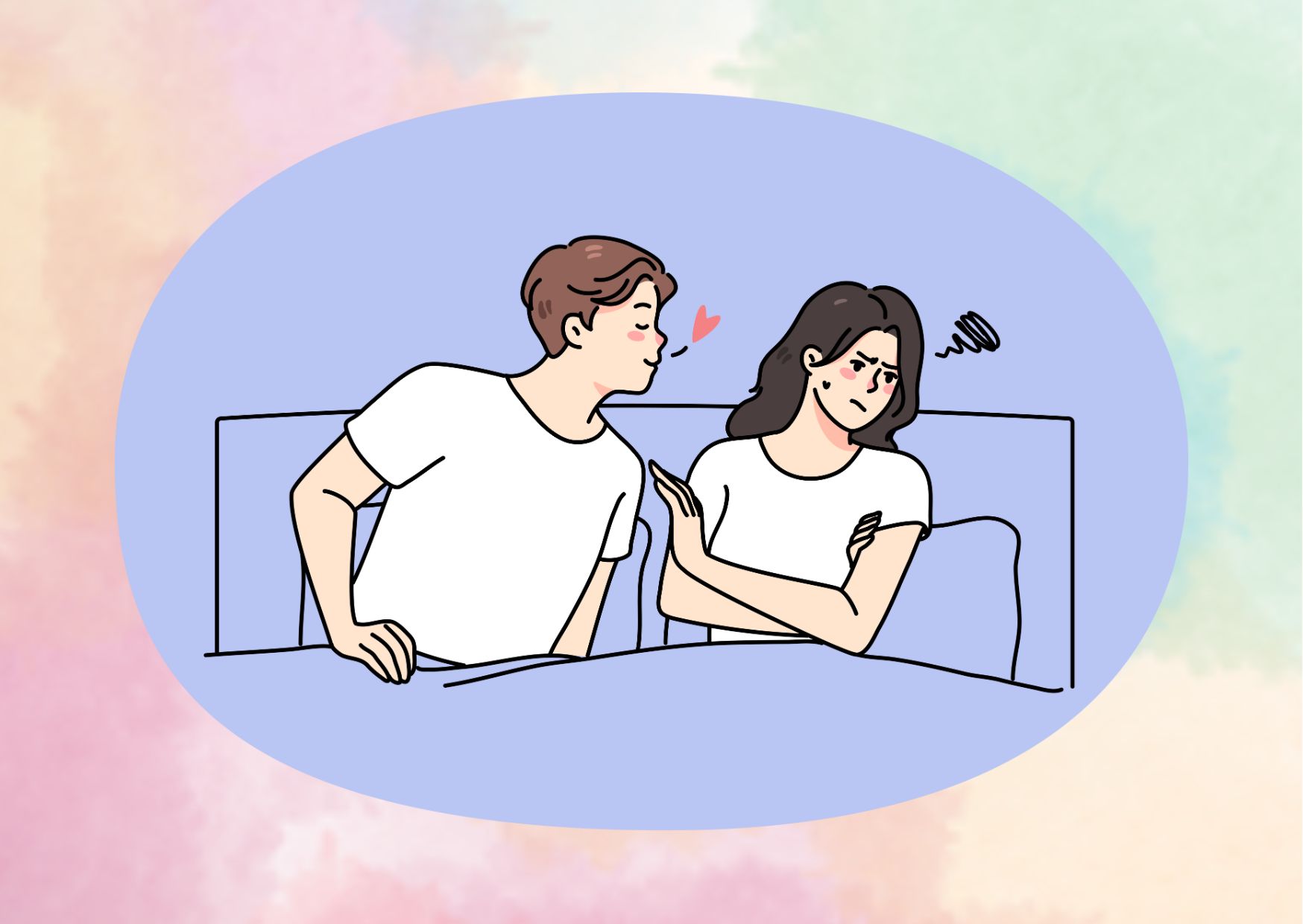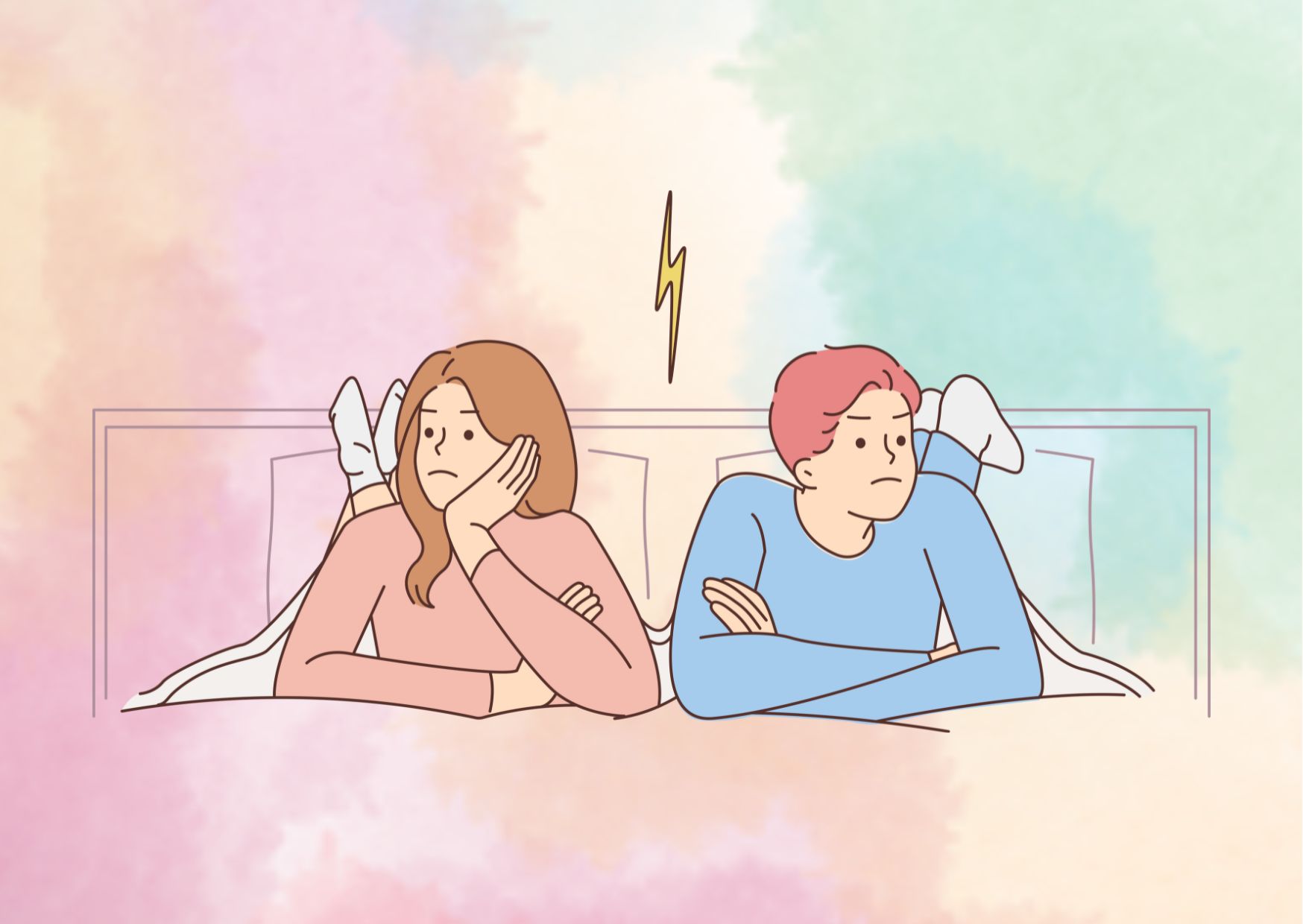This may involve seeking professional help, practicing stress-reduction techniques, and working on open communication within relationships to address sexual concerns.
The Role of Anxiety in Sexual Desire
Anxiety plays a significant role in shaping sexual desire and functioning. It can manifest in various forms, from performance-related concerns to generalized anxiety disorders, and even body image issues. These anxieties can have a profound impact on an individual’s sexual experiences and overall well-being.
Performance Anxiety
Performance anxiety is a common issue that affects both men and women, often leading to sexual difficulties. This type of anxiety stems from negative thoughts about one’s ability to perform well during sexual activity. Individuals may worry about sexual inadequacy or the inability to please their partner.
For men, performance anxiety can result in erectile dysfunction (ED), making it challenging to get or maintain an erection. The stress and anxiety surrounding sexual performance can create a vicious cycle, where the fear of not performing well leads to actual difficulties, further exacerbating the anxiety.
Women can also experience performance anxiety, which may lead to arousal difficulties, lack of lubrication, or an inability to reach orgasm. The pressure to perform can take women out of the moment, making it hard to focus on and enjoy the sexual experience.
General Anxiety Disorders
General anxiety disorders can have a significant impact on sexual desire and functioning. Research has shown a high prevalence of sexual dysfunction in individuals with anxiety disorders. For instance, studies have found that the prevalence of anxiety disorders varies from 2.5% to 37% in males affected with erectile dysfunction.
Different types of anxiety disorders can affect sexual functioning in various ways:
- Panic Disorder: Individuals with panic disorder may experience sexual aversion disorder, with some studies suggesting a prevalence of up to 75% in this population.
- Social Phobia: People with social phobia may experience arousal disorders and orgasm-ejaculation disorders. Some studies have found a high prevalence of premature ejaculation in males with social phobia.
- Obsessive-Compulsive Disorder (OCD): Individuals with OCD may report sexual disgust, absence of sexual desire, very low sexual arousal, and anorgasmia.
- Post-Traumatic Stress Disorder (PTSD): PTSD can affect various aspects of sexual life, including desire, arousal, and orgasm. Studies have shown a high prevalence of erectile dysfunction in combat veterans with PTSD.
Body Image Concerns
Body image concerns can significantly impact sexual desire and functioning, particularly in women. Research has shown that negative body image is one of the biggest disrupters of sexual enjoyment, desire, and responsiveness in women, second only to relationship distress.
Women who feel their bodies are unattractive often experience lower sexual self-esteem, which can lead to avoidance of sexual activity. The more critically a woman views her body, the more anxiety she may feel about being seen and touched, making it difficult to become aroused and enjoy sexual experiences.
Body image concerns can affect sexual functioning in several ways:
- Distraction: Negative thoughts about one’s body can be distracting during sexual activity, making it challenging to focus on and respond to sexual stimuli.
- Anxiety: Worries about how one’s body looks or performs can create anxiety, interfering with sexual arousal and enjoyment.
- Avoidance: Individuals with poor body image may avoid sexual situations altogether, leading to decreased sexual activity and satisfaction.
- Self-consciousness: Feeling self-conscious about one’s body can make it difficult to relax and be present during sexual encounters.
Understanding the complex relationship between anxiety and sexual desire is crucial for addressing sexual health concerns. By recognizing the impact of performance anxiety, general anxiety disorders, and body image concerns on sexual functioning, individuals and healthcare providers can develop more effective strategies to improve sexual well-being and overall quality of life.
Conclusion
The intricate relationship between stress, anxiety, and sexual desire has a significant impact on intimate relationships and overall well-being. Understanding these connections is key to addressing sexual health concerns and improving the quality of intimate relationships. By recognizing how chronic stress and anxiety affect libido through physiological, psychological, and relationship changes, individuals can take steps to manage stress levels and enhance their sexual well-being.
To wrap up, addressing stress and anxiety-related sexual issues often requires a multifaceted approach, including stress management techniques, open communication with partners, and sometimes professional help. Inquire Talk is committed to supporting individuals to navigate the complexities of toxic relationships and promote mental health and well-being, offering online counseling services with licensed therapists who specialize in addressing various mental health concerns. By working together and seeking help when needed, couples can create stronger, more fulfilling relationships built on trust, understanding, and genuine intimacy.
Here are few certified therapists who you can get in touch and book a therapy session with:
Laura Dee
Enfys Jones
Dr Simon Cassar

